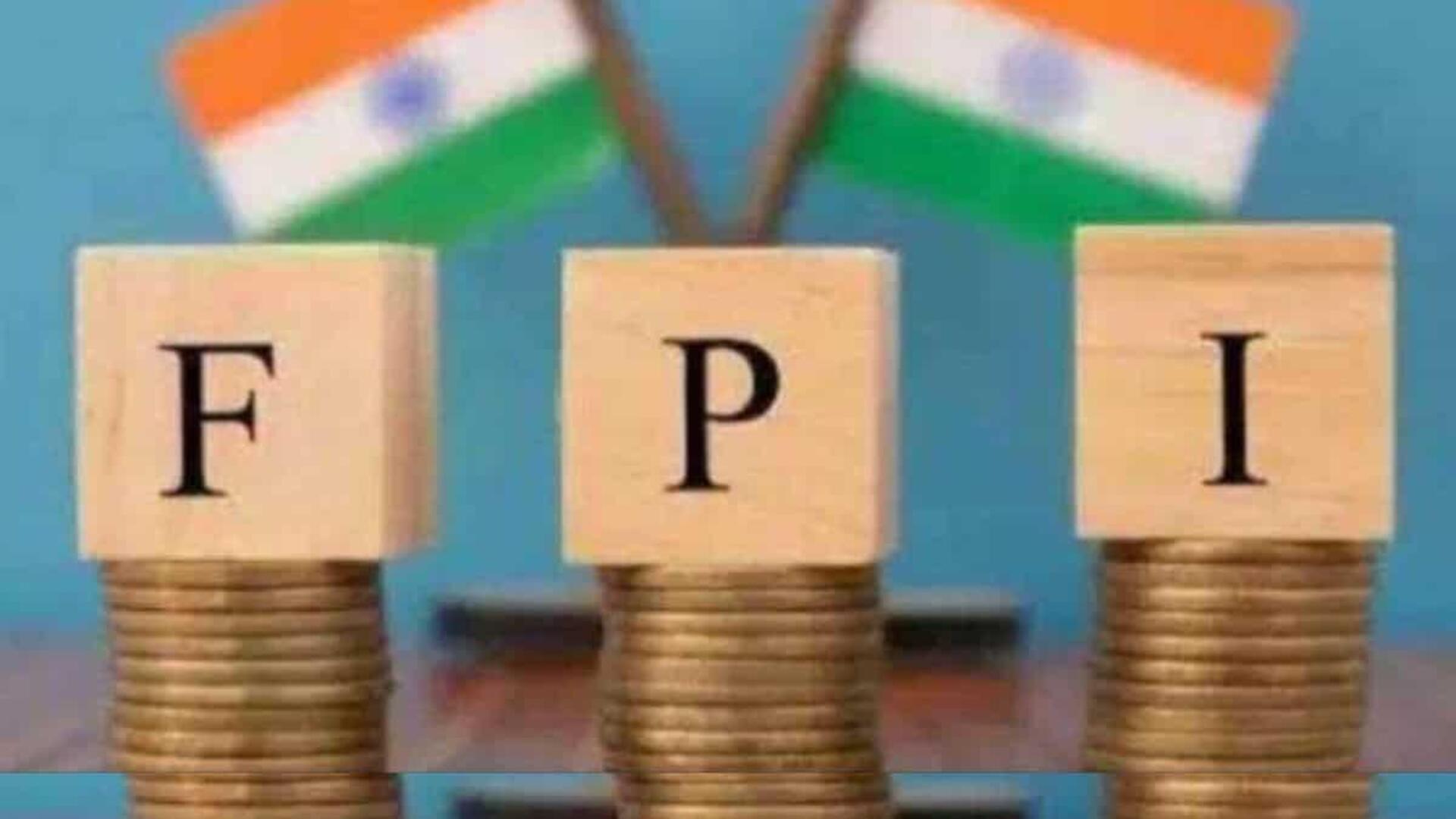
P-note investment reaches 7-year peak in India: Here's why
What's the story
Off-shore funds have been heavily pouring money into participatory notes (P-notes), reaching a seven-year high, according to the National Securities Depository Limited (NSDL). As of the end of January, the value of P-notes in India stood at Rs. 1.43 lakh crore. This is a figure not seen since June 2017, when they were valued at Rs. 1.65 lakh crore.
Reason
Foreign investors eye India's mid-and small-cap stocks
India's mid-and small-cap stocks are attracting significant investment from foreign portfolio investors (FPIs), following a substantial rally in recent years. The BSE Midcap index has risen by 65% over the past year, outpacing the benchmark Sensex which saw a gain of 27%. The majority of these investments are being channeled into rapidly growing companies within the technology, green infrastructure, and consumer sectors.
Usage
A favourite investment route for smaller foreign funds
Smaller foreign funds, including quant and hedge funds, are increasingly drawn to India's mid- and small-cap stocks due to their potential for high returns. These funds are choosing P-notes as they provide an investment route that bypasses the need for registration with domestic regulators. This is particularly advantageous for smaller investments as it avoids the increased compliance burden and tax return filing requirements associated with obtaining an FPI license.
Regulatory changes
A revival amid regulatory changes
The recent surge in P-note issuance signifies a revival of this asset class, which was previously shunned by foreign funds due to regulatory apprehensions. However, modifications have been implemented to enhance transparency and diminish anonymity. It is now mandatory for beneficial owners to be disclosed even in P-notes, and there are no longer any tax advantages associated with such undisclosed investments. This has resulted in a reduced reluctance from foreign funds toward P-notes.
Overall picture
P-notes represent 2.1-2.4% of total FPI assets
P-notes currently represent between 2.1-2.4% of total FPI assets in India, the highest level since October 2020. However, their popularity took a hit after the Securities and Exchange Board of India (SEBI) issued a circular in mid-2017. It prohibits P-notes from taking positions in the unhedged derivative market in India, causing their market share to drop from around 10% of FPI assets.